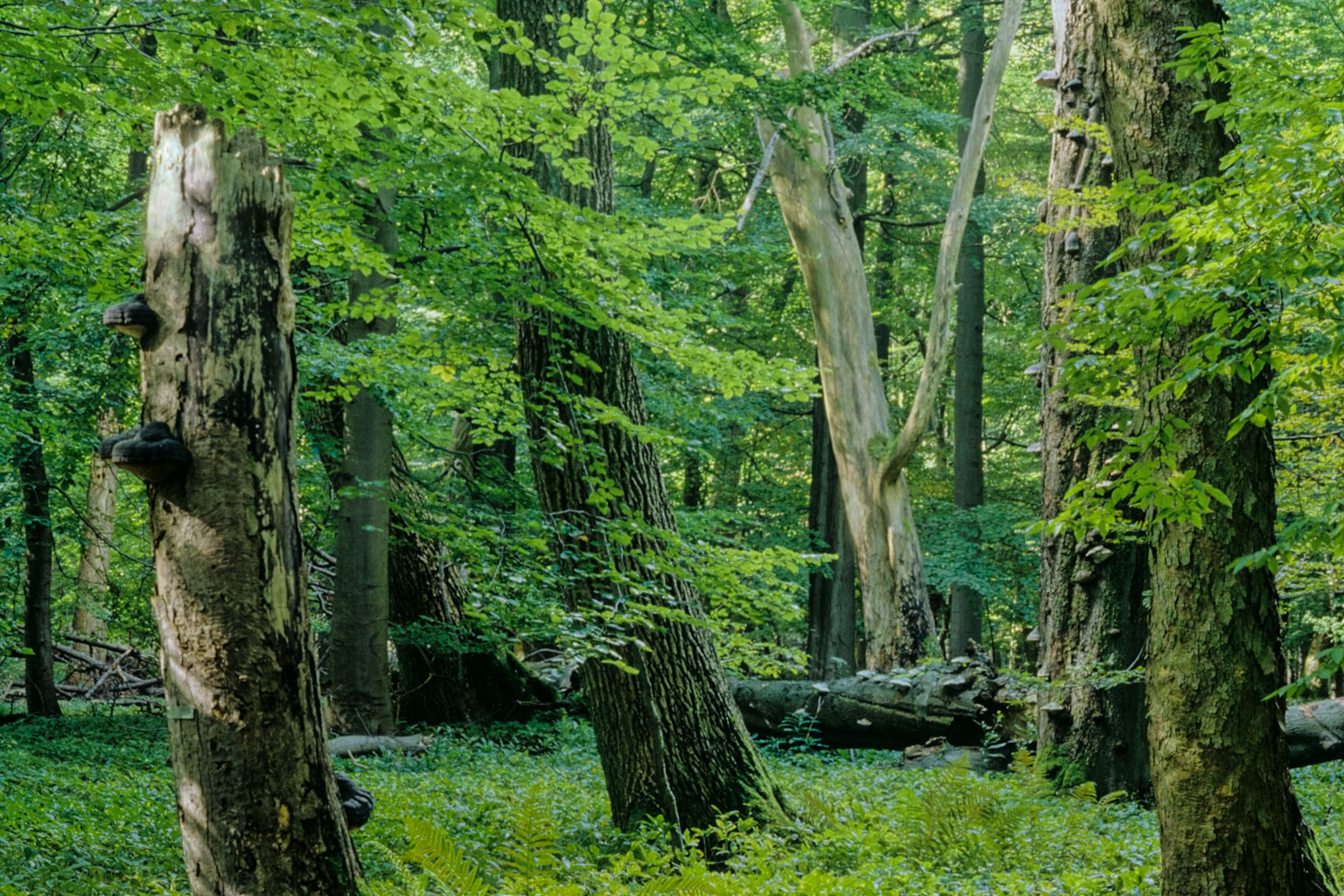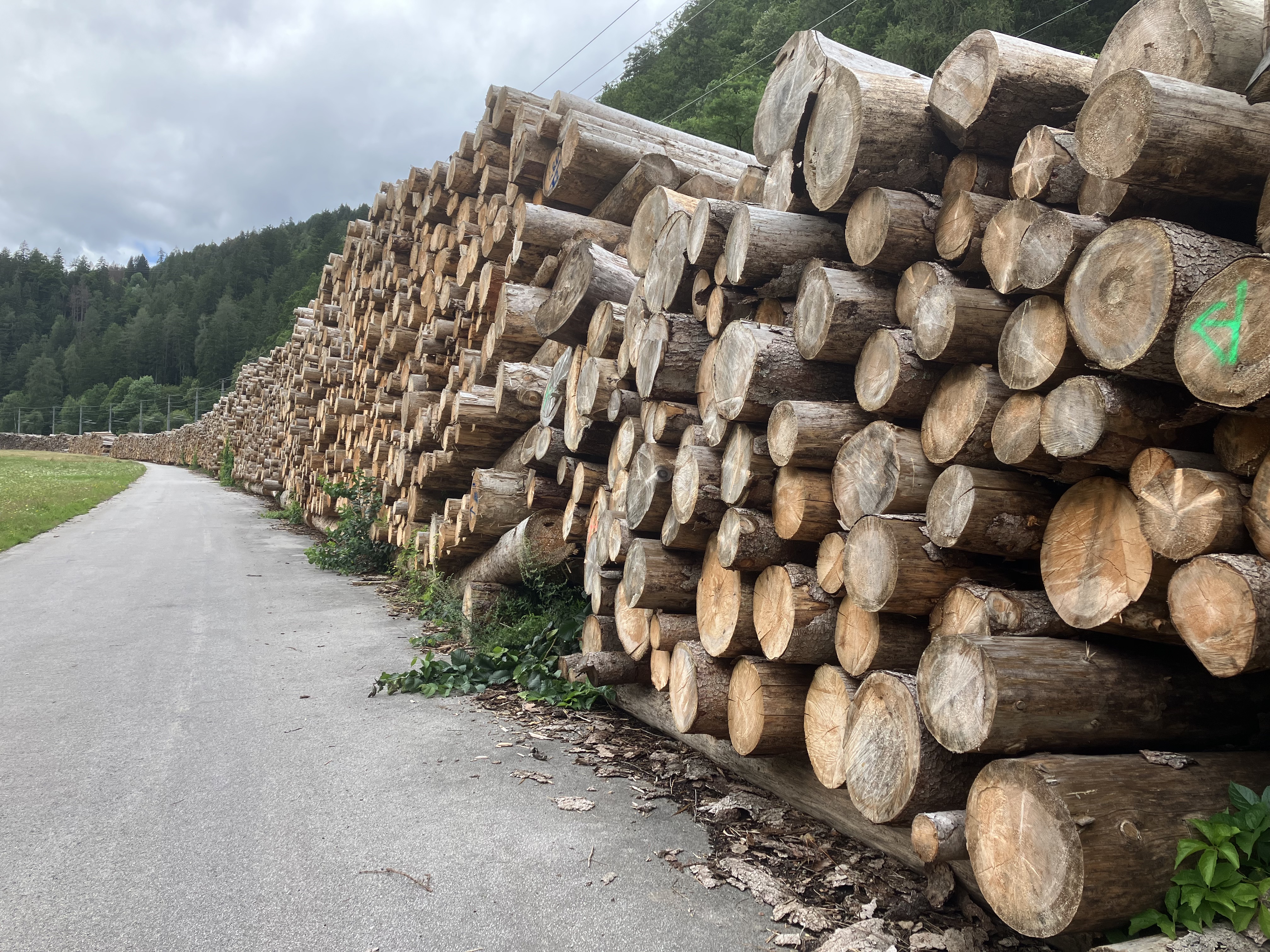Burning Namibia bushes for ‘green’ fuel?
In 2013, the German Ministry for Economic Cooperation and Development (BMZ) started funding a project in Namibia to help limit ‘bush encroachment’ across previously open savannah. This, supposedly would displace cattle pastures and reduce biodiversity and the formation of groundwater. However, since 2019, the German-state company Gesellschaft für Internationale Zusammenarbeit (GIZ), which manages the project, increasingly focused on creating a large new supply chain of wood chips or pellets to be exported by ship to Germany.
The aim of this new project Bush Control and Biomass Utilisation (BCBU) is to use the wood in a profitable way and to reclaim the savannahs as grazing areas for cattle herds. For this, BMZ and GIZ plan an industrial-scale removal of shrubs and trees across 30 million hectares, an area the size of Italy. Industrial parks, such as in the Tiefstack plant located in Hamburg, will then burn this bushwood as ‘environmentally friendly’ fuel. Due to a legal carbon accounting ‘trick’, energy from burning bushwood would be lawfully classified as CO2-neutral.
Are bushes and trees an ecological problem?
The so-called bush encroachment is described as the expansion of woody species in open savanna and woodland vegetation types. Complexly interacting drivers such as land use, poor grazing management, and climatic changes cause this vegetational change. Importantly, Namibia’s bush encroachment is part of a much wider trend of ‘global dryland greening’.
Undoubtedly, this woody plant proliferation has caused a great controversy. On the one hand, publications commissioned and funded through the GIZ-BCBU project claim that bush encroachment results in massive ecological harm. For example, they argue that bush encroachment decreases biodiversity, ground water recharge and communities’ livelihoods.
On the other hand, scientific studies that focus on ecosystem functions show that savannah encroachment by shrubs and trees can also have positive effects on soil fertility, nutrient cycling, biota, productivity, biodiversity and carbon sequestration. In an independent report, climate and ecosystems researchers Professors Dr. Pierre Ibisch and Dr. Axel Schick from the Eberswalde University for Sustainable Development, strongly criticise the project and the arguments put forward:
Current knowledge does not support at all the assumption that a sustainable export of shrub biomass from Namibia is possible and sensible, especially if the objective is to help protect the climate.

In the report, the authors strongly discouraged the BCBU project. They highlight that scientific studies do not substantiate the growth rates nor the claim that shrubs and trees reduce groundwater formation. Consequently, the project would be based on false assumptions.
The role of livestock
In Namibia, ranchers have converted large parts of the savannahs into pasture for extensive cattle ranching (for export), each averaging several thousand hectares. This use of the land limited the habitat of some wild animals or even displaced them.
Because cattle eat wild grasses, not woody plants, the propagation of bushes reduces the number of livestock that can be grazed on land. This is therefore a problem for those involved in extensive cattle ranching, which accounts for the majority of the country’s agricultural earnings. However, Namibia’s land ownership is highly unequal. ‘Previously Advantaged Namibians’, which account for only 6% of the population, own around 70% of the agricultural area. These are farm owners with European roots whose ancestors appropriated the land during colonial times. Thus, the project could primarily or solely benefit larger commercial farmers worsen existing inequalities.
By removing shrubs and trees, the BCBU project foresees a tripling of the number of cattle by large landowners. Certainly, the studies state that a major intensification of cattle ranching would significantly increase greenhouse gas emissions and pose serious additional risks for biodiversity, soils, and hydrology.
Is this another example of neo-colonialism?
In an open letter to the Federal Minister for Economic Cooperation and Development, 39 organisations state that the use of biomass imported from the global South for energy generation risks exacerbating the global climate and biodiversity crises. Thus, it cannot contribute to a sustainable energy transition in Europe.
Finally, they warn that the BCBU project is designed in such a way that German companies would profit and open up new markets. In contrast, Namibian actors would be the one carrying all risks arising from the project. Moreover, the economic benefits from the production of woodchips and pellets within Namibia would be minimal. Thus, the project would follow the historical neo-colonialism tradition, where Namibia is simply a provider of raw materials for Germany.
Following the protests from environmental organisations, Hamburg’s environmental authority has suspended the BCBU project evaluation process until further notice.







